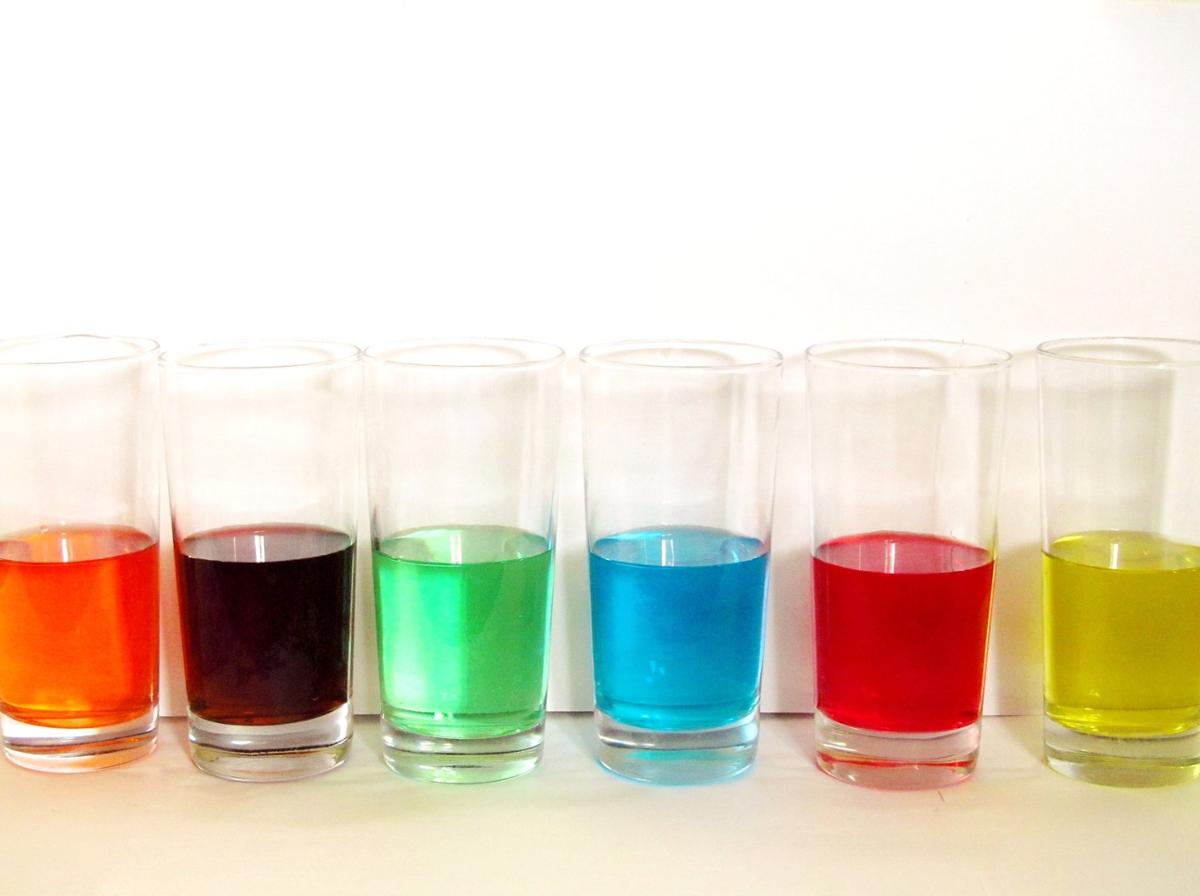Y: So, Don, which do you think is more conducive to being healthy: being an optimist or a pessimist?
D: Hmm. I want to say optimist, Yaël, because there’s lots of evidence suggesting that optimism correlates with better health and well-being. But this sounds like a trick question …
Y: It’s not a trick, exactly. You’re right that being optimistic is generally good for well-being. But some types of pessimism may have health benefits, too.
D: Like what?
Y: First, let me make clear that I’m talking about something called “defensive pessimism.” It’s a type of pessimism that involves expecting the worst but using that expectation as motivation to take action to avoid a bad outcome.
D: OK. So, for example …
Y: Say you’re a student and have a big test coming up. If you’re a defensive pessimist and are anxious about failing, you use that anxiety as a catalyst to studying to make sure you don’t fail.
D: But what if you’re so anxious and gloomy that you don’t have faith that studying will help, and so you don’t study?
Y: Then you’re not a defensive pessimist. You’re just a pessimist, or perhaps depressed or anxious in a way that leads you to avoid taking action.
D: All right. But what does this have to do with health?
Y: Again, it’s about preparing to prevent negative outcomes. For example, when flu season rolls around, a defensive pessimist worried about getting the flu may harness that worry to take preventive action, like frequently washing their hands and seeking care when they notice symptoms.
D: So pessimism can benefit health as long as you use it to motivate yourself to do things that promote health.
Y: Precisely.










